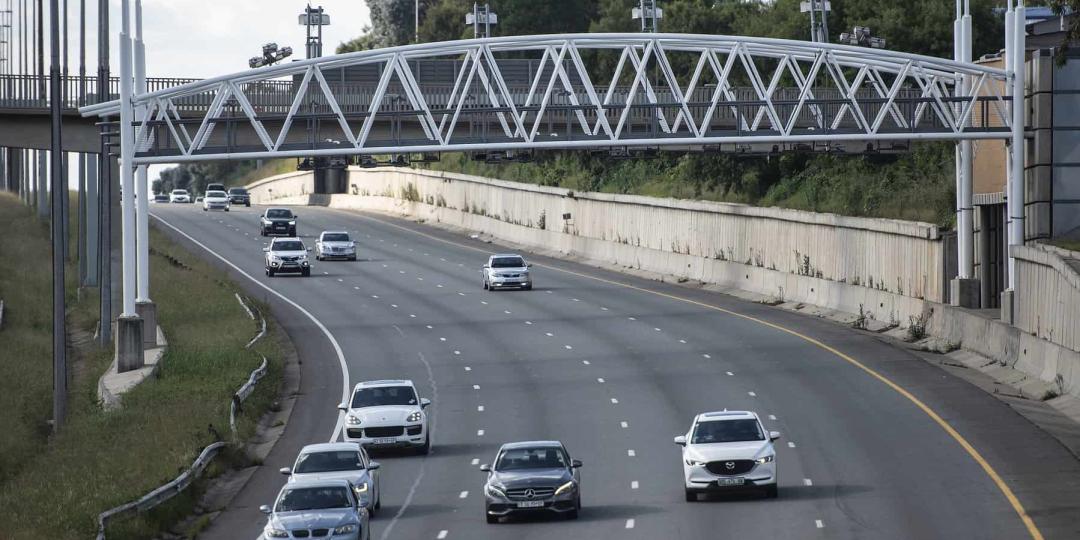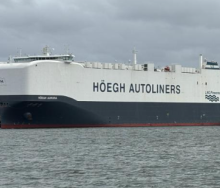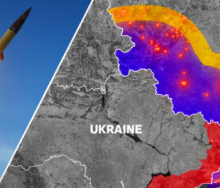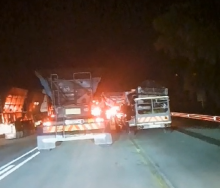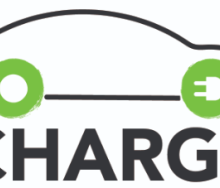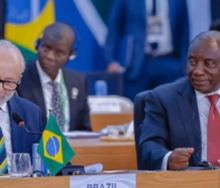Public pressure and protests against e-tolling led to Finance Minister Enoch Godongwana’s effective scrapping of the system as a funding mechanism for the Gauteng Freeway Improvement Project (GFIP), civil society organisations said as they celebrated the victory for Gauteng motorists this week.
Godongwana effectively ended e-tolls on Wednesday, tabling a bill that transfers R23.736 billion from national government to the South African National Roads Agency Limited (Sanral) to pay off government-guaranteed debt, conditional on a solution to phase 1 of the Gauteng Freeway Improvement Project (GFIP).
The Automobile Association (AA), the Organisation Undoing Tax Abuse (Outa), and AfriForum, which have all vehemently campaigned against e-tolls, welcomed the move which brings an end to years of protest and legal action against the system.
However, moving forward, the organisations said the focus must now shift to how the Gauteng Provincial Government (GPG) will fund road maintenance and development in the province.
The AA and Outa welcomed the government’s decision to pay 70% of the outstanding debt for the GFIP. The remaining 30% of the debt will be paid by the provincial government.
“This is a positive move and means the debts of Sanral in relation to GFIP will be dealt with. SMS communication late yesterday afternoon after the announcement to registered e-tolls users that a final pronouncement on e-tolls had been made is equally important,” the AA said.
“While the SMS states ‘The impact on your Sanral account will be communicated soonest’, we believe all debt will also be cancelled, again another positive development and one which we urged government to make,” the AA said.
However, the organisation is concerned about how maintenance of roads in the province, and development of the additional phases of the GFIP, will be funded.
“Currently the provincial roads budget is around R9bn annually. However, in each of the last two years, R2bn has, for instance, been allocated to the Gautrain to compensate that private system for low ridership levels through the Patronage Guarantee. Looking ahead, when considering more extensive funding of roads in the province through the GPG’s Roads Budget, will this allocation to Gautrain – which serves a small, elite group of commuters in the province – continue, or will it be reallocated to serve the interests of motorists in Gauteng which comprise a far bigger portion of the commuting public?”
Outa CEO Wayne Duvenage said the decision indicated that e-tolling would be officially ended.
“This is a clear indication to Outa that the e-tolling of the Gauteng Freeways will be halted, and the funding mechanism has been shifted to National Treasury and Gauteng provincial government allocations, a solution that Outa proposed to government over a decade ago,” Duvenage said.
The Special Appropriation Bill tabled with the MTBPS includes a direct transfer from national government to Sanral of R23.736bn during 2022/23. This bill must now be passed by Parliament.
“Outa believes that the MTBPS has signalled that Sanral’s pressure to finance the government-guaranteed GFIP bonds through the failed e-toll scheme is now over. There is no need for the Department of Transport or Sanral to continue with the declaration of the Gauteng freeways as tolled roads. Accordingly, we believe the Minister will be making an announcement to put paid to the e-toll scheme in the next week or so,” Duvenage said. AfriForum campaign officer Reiner Duvenage said it appeared that public pressure had led to the demise of the system.
“AfriForum welcomes the fact that e-toll has reached the end of the road. We thank all members of the public and organisations who helped in the fight against it. This once again shows the strength of civil society,” Duvenage said.
